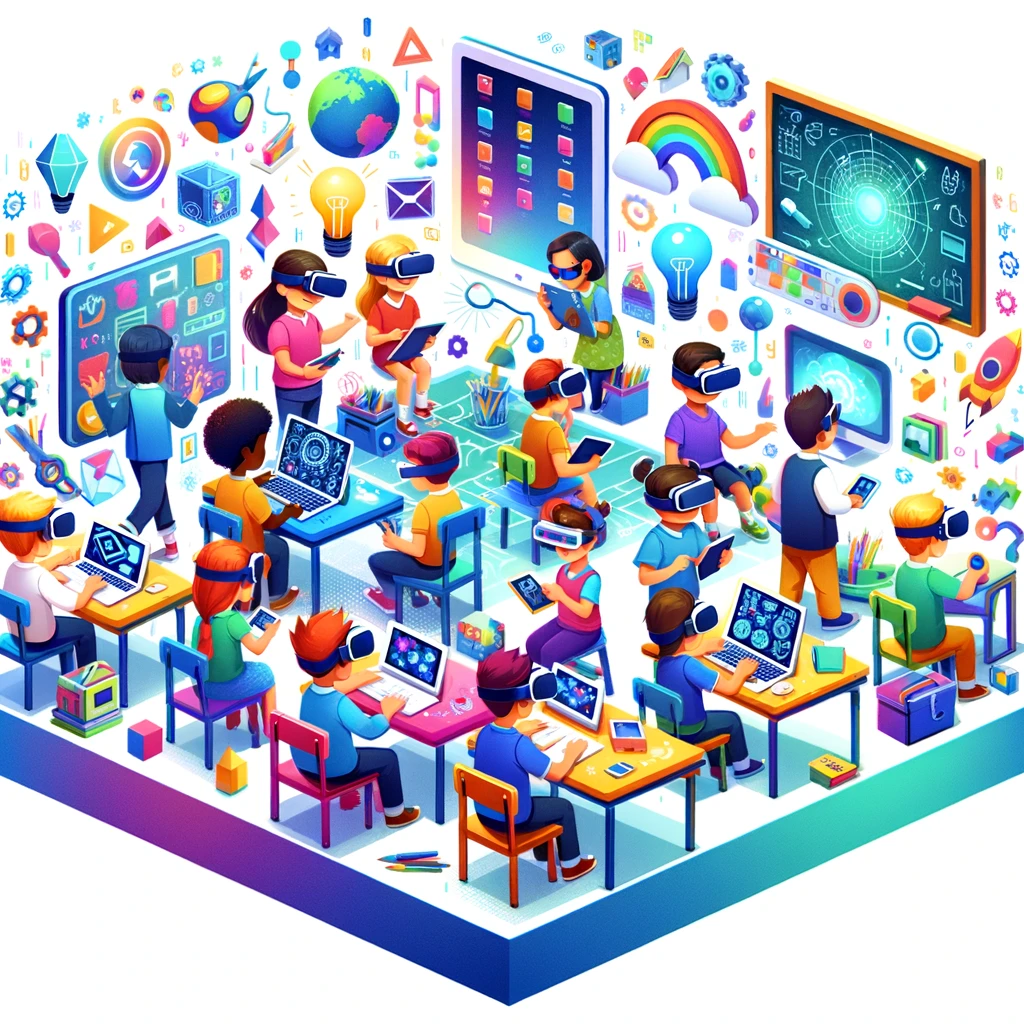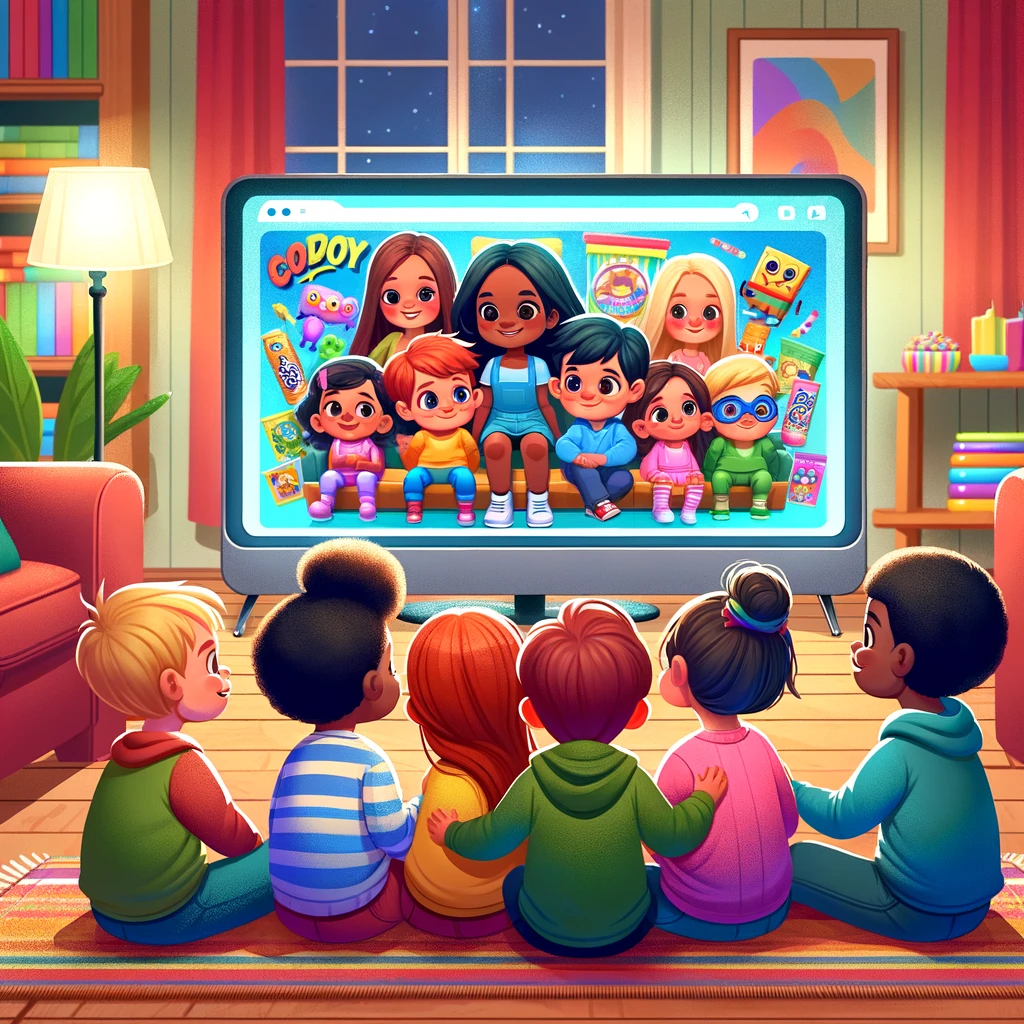Impact of Online Gaming on Children’s Social Skills: A Parent’s Guide

Understanding the Digital Playground
In today’s digital age, online gaming has become a significant part of children’s lives. As parents, it’s natural to worry about how these virtual experiences impact our children, particularly their social skills. Let’s dive into the complex relationship between online gaming and the development of social skills in children.
The Social Dimension of Online Gaming
Online games are not just about pixels and high scores; they’re virtual social hubs where children interact with peers from around the world. These interactions can offer a unique opportunity for children to develop various social skills:
- Teamwork and Cooperation: Many online games require players to work together to achieve common goals. This environment fosters teamwork and teaches children the importance of cooperation and collective problem-solving.
- Communication Skills: Online gaming often involves communicating with team members, which can enhance verbal and non-verbal communication skills. Children learn to express themselves, give and receive feedback, and share strategies.
- Cultural Exposure and Empathy: Gaming connects children with diverse cultures and backgrounds, fostering a sense of empathy and understanding. It’s a platform where they learn to respect and appreciate differences.
The Flip Side: Risks and Challenges
While online gaming offers social benefits, there are risks and challenges that parents need to be aware of:
- Cyberbullying: The anonymity of online interactions can sometimes lead to cyberbullying. It’s crucial to educate children about respectful online behavior and how to handle negative interactions.
- Social Isolation: Excessive gaming can lead to isolation from real-world social activities. It’s important to balance online gaming with offline social interactions.
- Communication Misinterpretation: Without face-to-face interaction, misunderstandings can occur. Teaching children about the nuances of online communication is essential.
Tips for Parents
- Set Boundaries: Establish limits on gaming time and ensure it doesn’t replace face-to-face interactions with family and friends.
- Open Dialogue: Talk to your children about their online experiences. Discuss the games they play and the friends they make.
- Online Safety Education: Educate them about online safety, privacy, and the importance of maintaining a respectful online presence.
- Monitor Gaming Content: Be aware of the games your children are playing. Ensure they are age-appropriate and foster positive social interactions.
- Participate and Observe: Occasionally playing games with your children can give you a better understanding of their online social world.
Final Thoughts
Online gaming can be a double-edged sword. While it offers unique opportunities for developing social skills, it also presents challenges that require careful navigation. By staying involved and maintaining open communication, parents can help their children reap the benefits of online gaming while minimizing potential risks. Remember, the digital world is an extension of our society, and teaching children how to navigate it responsibly is a crucial part of modern parenting.


